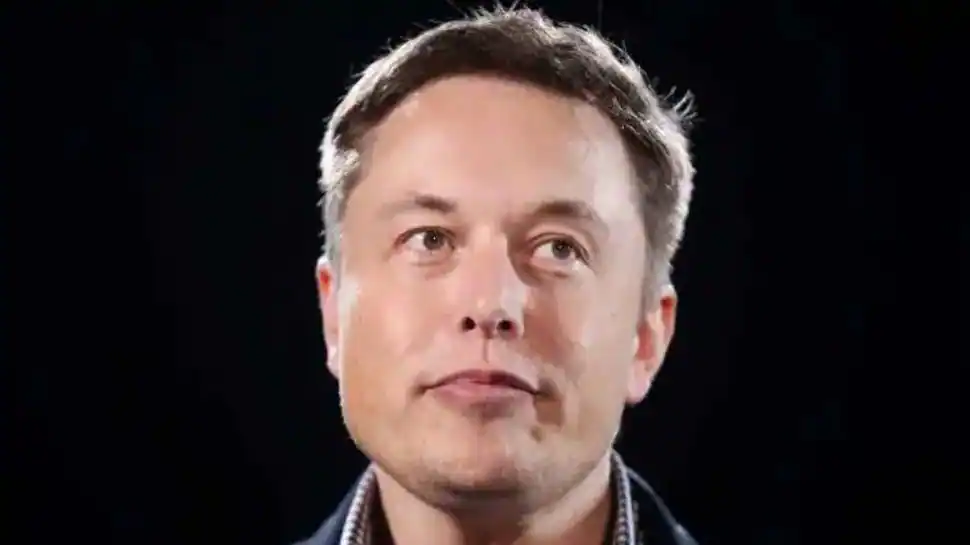I became your enemy because I tell you the truth
In a recent video, comedian and political commentator Russell Brand explores the possible impact of Elon Musk’s acquisition of Twitter on free speech, democracy and the global order.
Debates about Elon Musk’s recent acquisition of Twitter have raged between free speech advocates who celebrate the move and neoliberal democrats worried about a single billionaire controlling the platform, according to comedian and political commentator Russell Brand.
In his latest video, Brand raises questions about Musk’s plans for Twitter that neither side of the debate is asking.
Brand argues that the media landscape has changed. Today many journalists and media figures are increasingly against free speech.
He quotes journalist Matt Taibbi who wrote on Substack:
“Media figures everywhere are openly complaining that they dislike the Musk move because they’re terrified he will censor people less. A professional journalist who opposed free speech was not long ago considered a logical impossibility.”
Brand explains that new media has allowed more marginal voices to enter the mainstream, prompting government and corporate media to seek more control over those spaces and justify censorship as a necessary means to protect public safety.
“Safety and convenience, that’s how they’ll finally imprison us forever,” Brand said.
Because monopolistic tech companies control social media, they already have the power to police speech. As Taibbi put it, “An authoritarian structure already exists, just with different billionaires at the helm.”
Will Musk’s takeover of Twitter create the change free speech advocates hope for? — Brand asks.
Citing an article in Common Dreams, Brand points out that in contrast to his public image as a rogue figure, Musk, like other billionaires, receives funding from authoritarian states and has built his wealth through substantial government subsidies.
Brand asks if what makes Musk different from the other tech billionaires is his ideological vision.
Suggesting that Musk’s vision of a multi-planetary existence for humanity is similar to the Russian vision of a “multi-polar world,” Brand asks whether this vision conflicts with U.S. ambitions for continued global hegemony.
He raises concerns about Musk’s “longtermist” project to colonize space, quoting investigative journalist Dave Troy who wrote, “This mandate is most often used to brush aside calls for improving conditions and alleviating suffering among the living here on earth.”
“Longtermism” is also based on the idea that a few “wiser” minds should guide humanity, which conflicts with the fundamental principle of democracy.
“Perhaps Musk’s acquisition of Twitter is not just about the culture war and free speech and who can say what.” Brand said.
“Perhaps it disrupts global geopolitical narratives, a long-standing effort by the United States of America to be the only power in the world.”
Watch the segment here:
Michael Loyman
